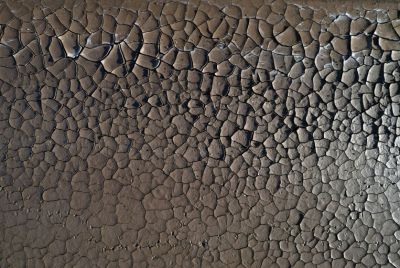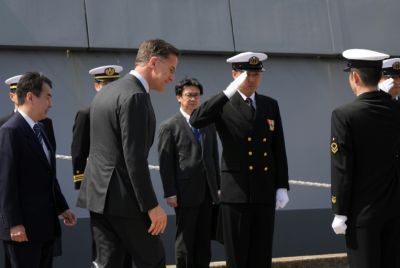Syrian Civil War: Back from G20, U.N. Chief Ban Ki-Moon Considers Political Solutions, Russia Calls on Syria to Surrender Chemical Weapons
A political solution to the Syrian civil war seemed closer, as the United Nations Secretary-General Ban Ki-Moon, said Tuesday that two-and-half years of conflict in Syria have produced only "embarrassing paralysis" in the Security Council and that he was considering proposals to the 15-member body in the search for a political solution. Meanwhile, Russia was quick to agree to a U.S. suggestion that Syria hand over its chemical weapons stockpiles to avert attack.
In his first press conference after returning from the G20 Summit in St. Petersburg, Ban said, should a U.N. weapons team confirm use of chemical agents in the Aug 21 incident in Syria, it would be an "abominable crime" and the international community "would certainly have to do something about it."
"The Syrian people need peace," he declared. "Should Dr. Sellström's report confirm the use of chemical weapons, then this would surely be something around which the Security Council could unite in response - and indeed something that should merit universal condemnation," Ban told reporters.
The UN chief said that he is already considering "certain proposals that I could make to the Security Council" when presenting the investigation team's report. The proposals include urging the Security Council to demand the immediate transfer of Syria's chemical weapons and chemical precursor stocks to places where they can be safely stored and destroyed, Ban said. He called on Syria to become a party to the Organisation for the Prohibition of Chemical Weapons (OPCW), which is the implementing body of the Chemical Weapons Convention (CWC).
Interestingly, in search for a diplomatic solution, Russia called upon Syria to give up its chemical weapons. U.S. Secretary of State John Kerry had suggested that an attack on Syria could be averted if Assad government surrendered its stockpile of chemical weapons. U.S. Secretary of State John Kerry speaking to reporters on Monday in London had said that, President Bashar al-Assad could get a chance of avoiding military action by turning over his chemical weapons to the international community. Turn it over, all of it without delay and allow a full and total accounting for that," he said, adding: "But he [Assad] isn't about to do it and it can't be done."
Russian Foreign Minister Sergei Lavrov said he had already made the proposal to Syria's Foreign Minister Walid al-Muallem and hoped for a "quick and positive answer." "We are calling on the Syrian authorities to reach agreement, not only on putting chemical weapons storage sites under international control, but also on its subsequent destruction and then joining the Organisation for the Prohibition of Chemical Weapons," said Lavrov.
Syria is not a party to CWC, however, it is a party to the Geneva (Protocol) of 1925 which prohibits the use of chemical and biological weapons, according to the OPCW. U.N. Chief Ban said, if Syria agrees to a transfer of its alleged chemical weapons stock under international control, he is sure that the international community will take "very swift action" to safely store and destroy the chemical weapons stocks.
Ban said he would promptly share the results of the analysis of the biomedical and environmental samples taken by the UN chemical weapons inspection team in Syria, with the 15-member Security Council and all 193 Member States. Addressing journalists, the UN chief, reiterated the need to come together for a so-called Geneva II conference, which would include representatives of Syrian parties as well as senior United States, Russian and UN officials, to find a political path out of the crisis in the country.
A political solution "is the only viable option at this time", Ban said, adding that he and Joint UN-Arab League Special Representative Lakhdar Brahimi, who was also in St. Petersburg, have been working very closely with Moscow and Washington to get all parties to the table.
The UN chief noted that Syria dominated the G20 talks "in a way no other political development has ever done."





















